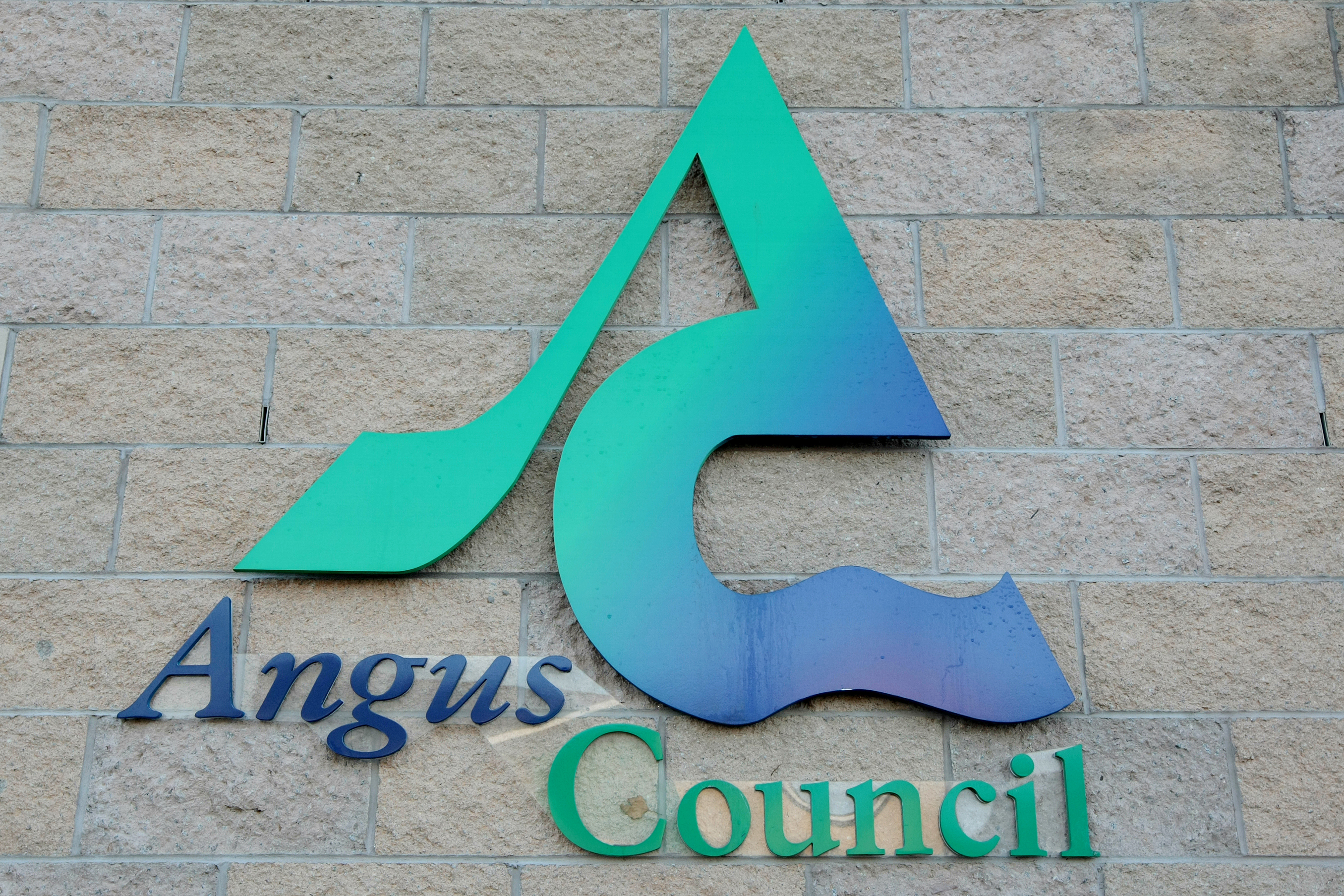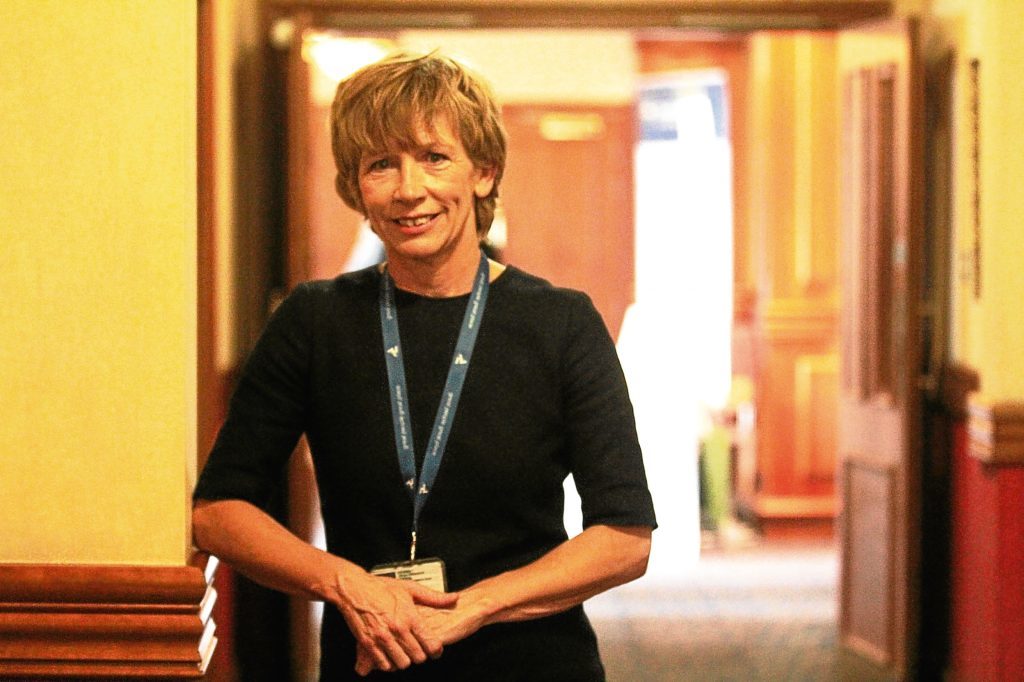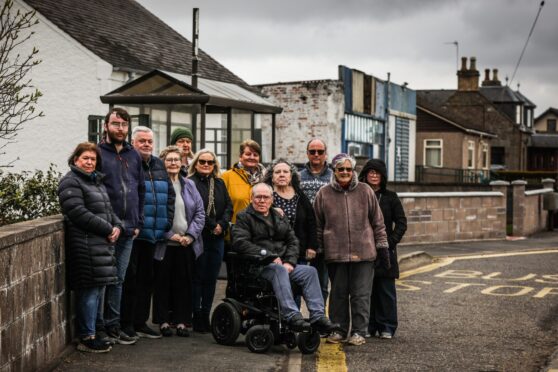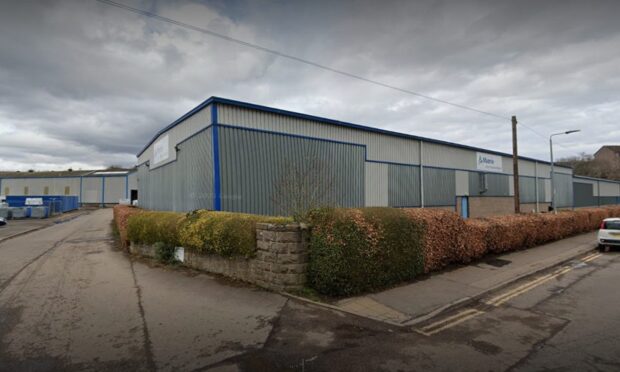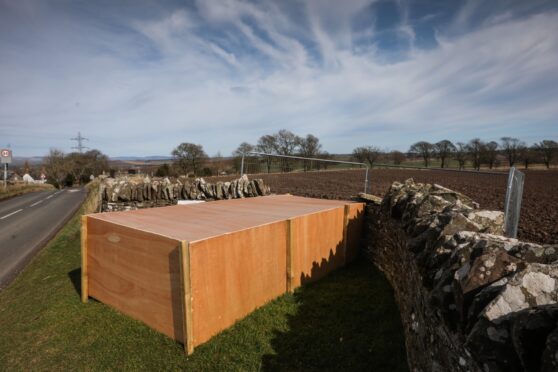Prescribing costs in Angus are set to land the council with a crippling £1m bill that the local authority ‘simply cannot afford to pay’, leading to a show-down meeting between council chiefs and NHS Tayside according to a well-placed source.
The source said: “Because of the partnership working introduced by the Scottish Government, the council is obliged to pay a share of NHS costs.
“This would be fine ordinarily, but prescribing costs, especially for antibiotics, continue to be well above the national average, leaving the council with a bill for over £1m that it cannot afford to pay, especially when NHS Tayside itself effectively appears to be bust.
“The situation is so bad that the council has had to ask for a meeting with NHS Tayside to tell them the council don’t have the money, and NHS Tayside needs to raise the issue with the Scottish Government, or the council will do it for them.
“Under these circumstances, I would have expected the leader or deputy leader of the council to be invited to the meeting, but worryingly that hasn’t happened, and I would expect them to be asking why.
“Normally, this amount of money would be budgeted for, but this seems to have caught them on the hop, and what makes it worse is that council’s financial reserves are already severely depleted because of the recycling centre fiasco, leaving very little wriggle room.”
Angus had previously been dubbed the sick man of Scotland with prescribing costs forecast to hit £2.5m overspend this year – more than 10% of the allocated budget figure of £21m.
An ageing population and a high percentage of people living with chronic disease were among the ‘incredibly complex’ reasons put forward during talks on the area’s above average prescribing costs.

An increasing number of people living longer on multiple medications and the uptake of newer, more expensive products were previously blamed as contributory factors.
A spokesman for Angus Council said: “We work closely with NHS Tayside and our colleagues in Angus Health and Social Care Partnership and meet regularly to discuss issues of mutual interest, such as the Angus Care Model recently approved by the IJB.
“Close working arrangements mean we can adapt and respond together to the changing needs of individuals and communities, providing the best possible care by making best use of our resources and our people.”
NHS Tayside said it would not comment on the matter at this stage on the basis that Angus Council had requested the meeting.
